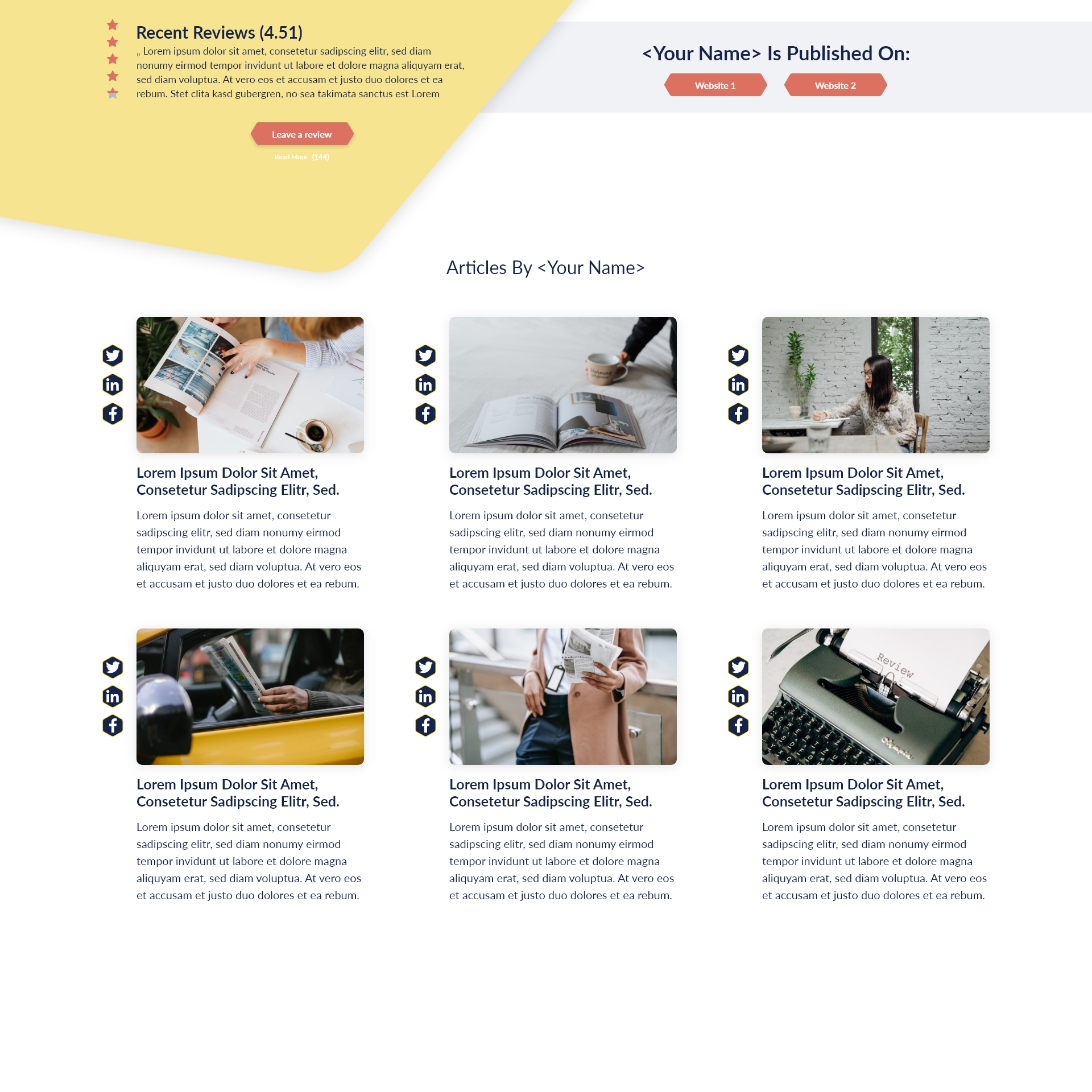Contrary to popular belief, great leaders are created through determination and effort – they aren’t simply born that way. Unfortunately, this way of thinking only prevents potential leaders from ever trying to succeed, especially if they don’t possess strong leadership skills from childhood. The fact remains that the most outstanding leaders throughout history had to work hard to achieve anything significant.
Effective leaders are poised to develop the skills required to mobilize and empower people by investing time and energy toward their goals. This may be done through conscious or subconscious efforts, but it ultimately means any person has the potential to succeed in a role of leadership. As long as they take skill development seriously, there is no limit to what they can grow to as a leader. However, a few skills require honing if you are looking to become more effective in your leadership.
Top Professional Leadership Skills

- Communication
In terms of employees, the leader’s communication skills are crucial to overall success. Consider the role of an effective, motivating leader who strives to encourage their team toward a shared goal. This ability not only affects the group’s efficiency but also makes determinations in the completion of tasks. Leadership must establish whether or not their communication skills are practical enough to keep the team abreast of plans for achieving set goals.
Communication encompasses skills, including adaptability, active listening, clarity, empathy, body language, transparency, and curiosity. These skills enable leadership to adapt communication styles toward company goals and opportunities while remaining engaged. If you begin developing these skills, you will also be well-equipped to provide sufficient detail, spur thoughtful discussions, recognize emotions, and present a comforting body language that builds trust for the comfort of everyone involved. - Emotional Intelligence
An individual’s ability to manage and recognize personal emotions and the emotions of others is known as emotional intelligence. This skill encompasses four areas: self-management, social awareness, self-awareness, and relationship management. This skill is considered critical for all manner of leadership, especially considering how it influences every other leadership skill.
You should be able to recognize and regulate your own emotions in moments of stress, including strengths and weaknesses. Social awareness enables leadership to regulate the emotions of their employees and is often known as an ability to empathize with others. Relationship management also aids in mentoring and managing relationships through resolving conflict. - Bringing Out the Best in Others
Influential leaders avoid the use of micromanaging tactics in the completion of tasks. Instead, their employees are empowered to complete the objectives they were hired for, thereby improving team performance. This practice also allows time to perform leadership tasks to enhance time management further. Overall team performance is a clear indicator of whether leadership can manage team members effectively. How you empower employees will depend on various factors, such as empathy, growth opportunities, honest feedback, open communication, or nurturing a culture of trust. Additionally, research shows that highly empowered employees enjoy greater job satisfaction, higher levels of engagement, and even lower levels of turnover. - Self-Awareness
A healthy dose of self-awareness may be all it takes to fully utilize and lead your employees. Self-awareness allows leaders to control emotions at work to aid in ultimate effectiveness throughout even the most stressful situations. In addition, as an essential aspect of leadership, self-awareness empowers leadership style identification, including aspiration, approachability, and credibility. By taking the time to understand leadership styles, you may avoid potential pitfalls while utilizing various strengths.
An aspirational leadership style embodies high expectations backed by a clear vision. This style motivates employees to reach their fullest potential in the workplace. Approachability embodies authenticity and warmth that furthers deep connections between leadership and employees. Credibility is distinguishable by resolve, humility, and competence. In this setting, a team sees leadership deserving commitment and trust.
- Financial Literacy
Any professional seeking to improve leadership skills can benefit significantly from a healthy dose of financial literacy. Financial skills leaders should harness include ratio analysis, forecasting, cash flow management, financial statement analysis, and basic financial literacy. These skills go to great lengths to accomplish any business goal, such as overall profitability. - Resilience
Much like in life, things don’t always go as intended regarding business operations. Regardless of how well you plan for the unavoidable, many known risks are associated with any business strategy. Regarding a product launch, some variables can easily wreck your plans, and, as a leader, you need to know how to remain flexible. Once the pressure hits, resiliency will do more for you and your team through critical problem-solving skills and more. A leader must be able to guide their team to identify new solutions should the worst come to pass.
This may be accomplished through cultivating strong professional relationships, reflection, maintaining a purpose-driven outlook, and continuously seeking ways to improve yourself as a leader and your team. These practical strategies will serve you well in the long run, primarily as you work to navigate the stressful journey of the unexpected pitfalls of business.
Who Benefits from Leadership Skill Development?

Literally, anyone can benefit from developing leadership skills, regardless of their career or professional role. From early to mid-career professionals, newly appointed leadership, and even aspiring entrepreneurs, leadership skills provide the building blocks to conducting business effectively. In addition, you can improve your mindset and employee influence by striving to identify and understand your strengths and weaknesses as a leader.
Further Development
Once you discover your footing, take the time to determine what goals you’d prefer to work toward on a personal and professional level. These goals should be measurable, achievable, specific, timely, and, most importantly, realistic. Next, continue by assessing your current leadership skills to recognize additional areas for growth. Once you’re equipped with these goals, you can easily find the correct strategy for developing different skills.
You can also improve your leadership skills through research, books, and putting lessons to practice, while others need a structured approach to learning. Finally, if you thrive in a learning environment, there are plenty of workshops and online courses specifically made to meet the needs of professionals such as yourself. Flexible options such as these fit well into the work-life of a hard-working professional.







